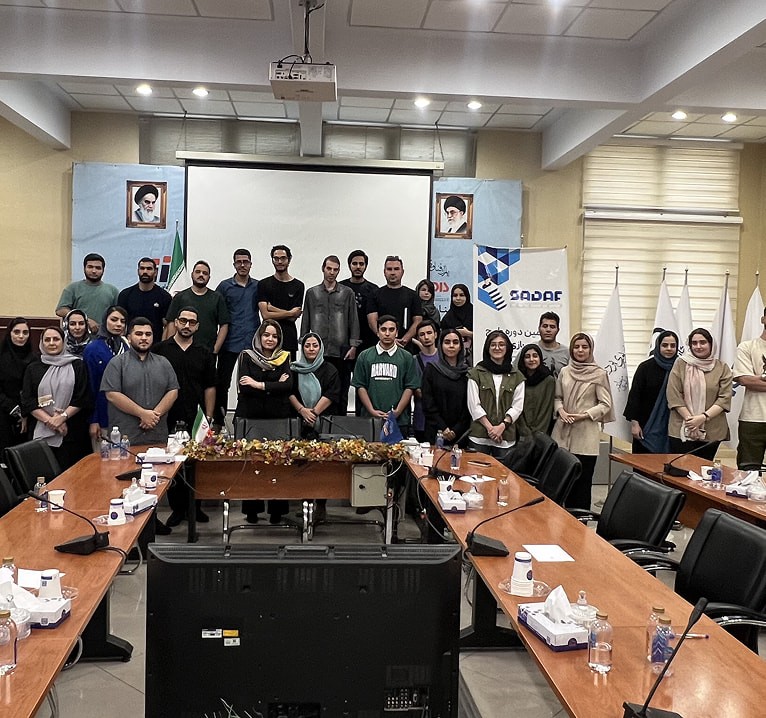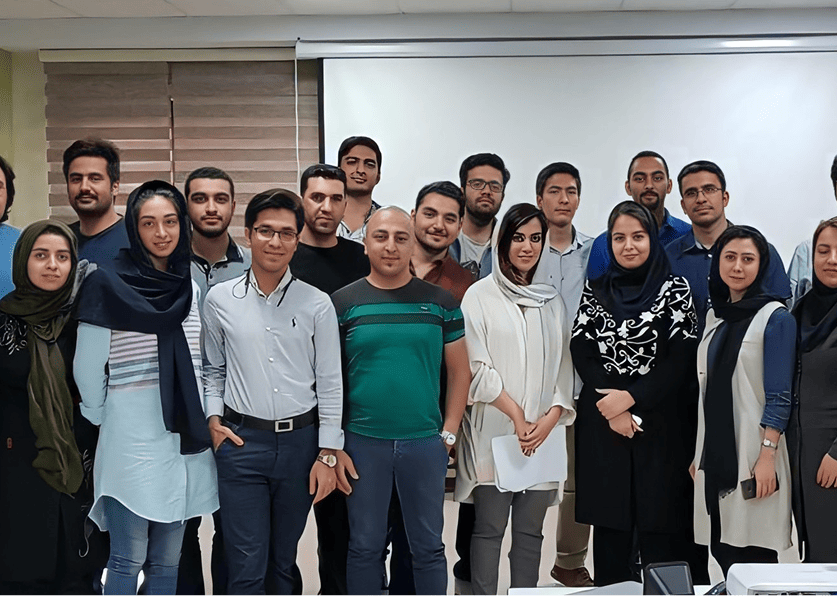

Almost all of us have experienced a long work meeting ending in a dead end or a simple misunderstanding ruining a good collaboration. In the professional world, success depends more on the quality of communication and the ability to work as a team than on technical knowledge.
Career and Income Advancement:
Many people think that to advance in their careers, they just need to improve their technical skills. But LinkedIn research shows that communication skills are at the top of the soft skills needed for employment. For example, a sales professional with the ability to communicate clearly can close deals that a more technical but less skilled colleague would miss.
Reduce Job Stress:
Misunderstandings and minor disagreements at work are a major source of stress. When you learn how to communicate clearly and manage disagreements, work relationships become easier and more peaceful.
Improve Relationships and Networking:
Successful people are usually the ones others like to work with. Communication and teamwork skills are key to building a network of colleagues and professional connections that will translate into future job opportunities.


Preventing Project Failure:
Harvard research shows that over 70% of project failures are due to poor communication. This means that even if you have the best strategy or budget, lack of coordination and misunderstanding can ruin everything.
Increase Team Productivity:
Teams that communicate well make decisions faster, spend less energy resolving conflicts, and are more focused on the organization’s goals. Example: In a consulting firm, simply changing the way meetings were held (from long reports to short, focused conversations) increased team productivity by 25%.
Reduce key employee turnover:
One of the top reasons employees quit is “feeling unheard.” An organization that has a culture of open and healthy communication is better able to retain its valued employees.
Building a positive organizational culture:
Effective communication helps create a space where people can express their ideas without fear of judgment. Such a space is the foundation for organizational innovation and creativity.
This course will help you learn skills that will have an immediate impact on your daily work life:



Every day you procrastinate means missing out on better job opportunities.
Click the button below to book your first career coaching session:






